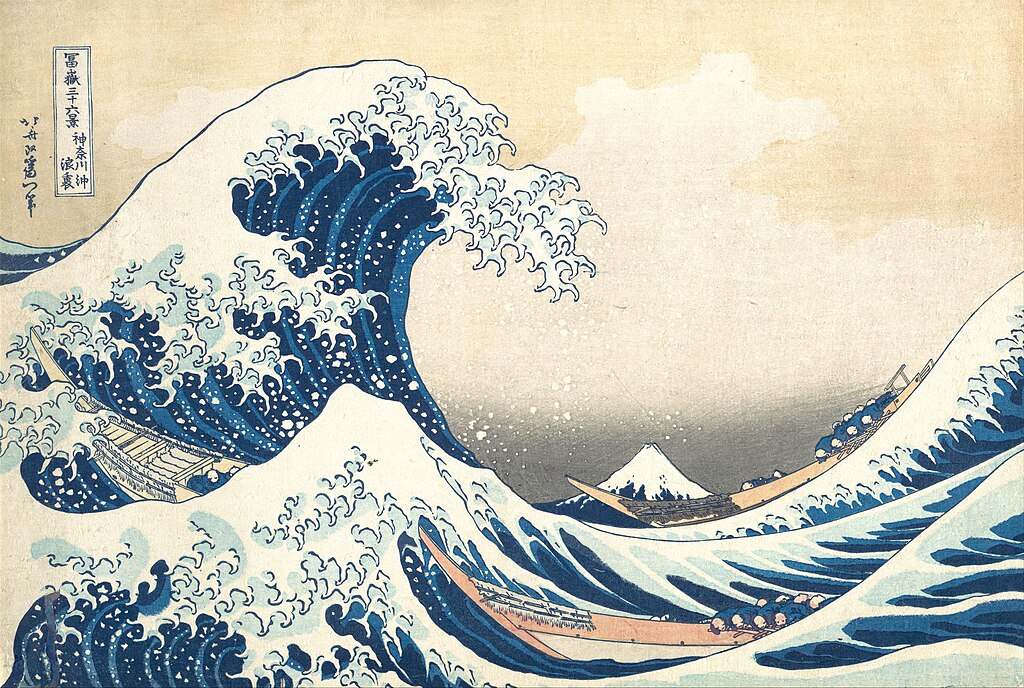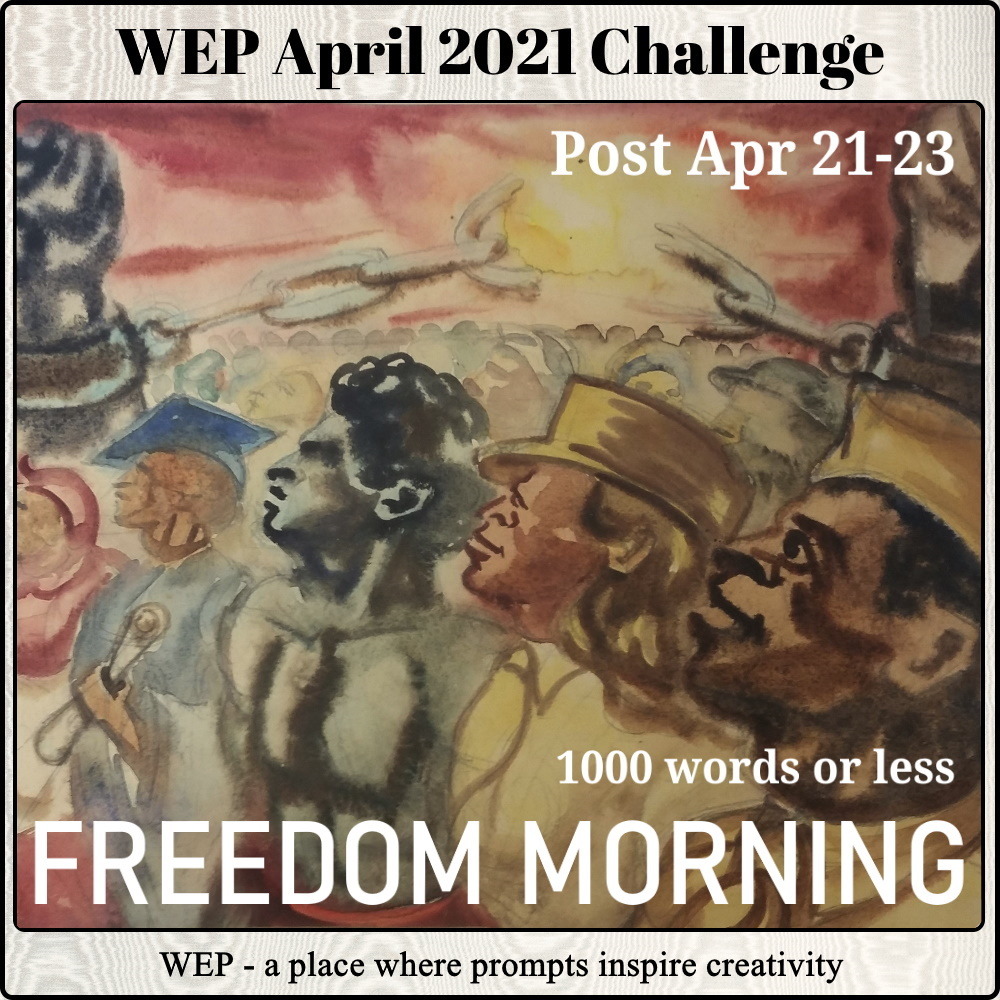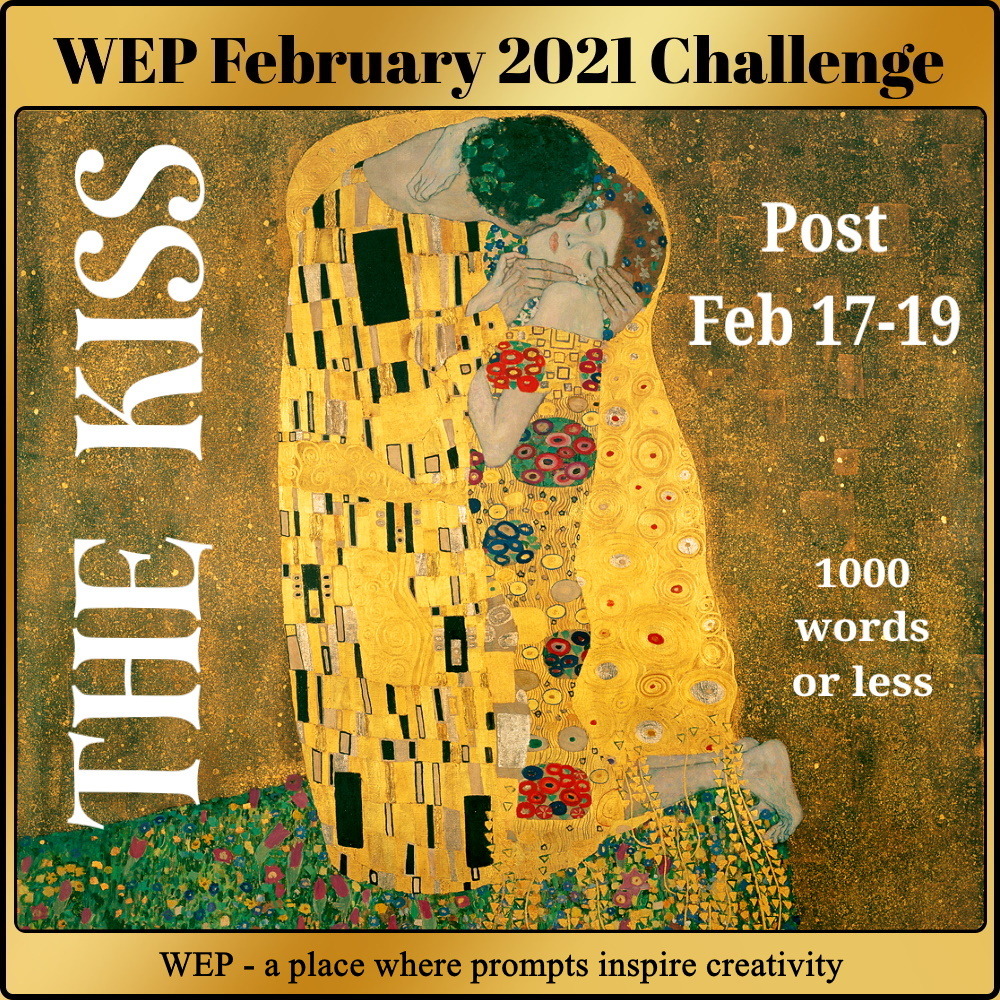There is no formal challenge in December, 2020.
If it would have been then the theme was “unmasked”. Perhaps the irony that we
could not be unmasked yet, from COVID-19 pandemic obviously, took the challenge
away.
Yet I was ready with my story. Hence, I am
posting as the WEP ritual.
********************
Mary Huxley and The Truth
Mary Huxley pulled the gun from the holster. The
peddler must surrender, or Huxley would pull the trigger.
Huxley has been chasing this ever since she had
stepped in this area, on foot, in civil clothes, without gun, even before she
received charges of the post officially. She strolled around the scene from
midday to middle of the evening, until the end of the last begging shift of the
day. She reversed her shirt, released her bun into a cascade of hair down to
her waist, between the first two strolls, to avoid being noticed by the beggars
or anyone working in the area. Before subsequent strolls, she changed her look
respectively by putting on a jacket and plaiting her hair, and, by reversing
the jacket and stuffing the plait into a beanie cap. She used various
combinations of these style moves during her subsequent strolls.
The scene had several visual obstructions. It
was bound by historic Dawson Hotel to East and another Pennines sandstone
building to West. Adjacent to this building, to its North, stood Hurtshire
railway station. A hundred feet long alley was stretched from the station at
West along the northern boundaries of the hotel to East. There was another
alley between the hotel and the building. The alleys were separated by the
hotel building, an erstwhile garden turned ivy infested dirty patch and an
elevation of almost six feet to their eastern end. The southern alley descended
to the level of Northern alley and was abruptly truncated by the sandstone
building. A viaduct ascended westward along the southern alley and went past
the building’s southern end.
Two cameras were mounted on the eastern wall of
the building, one camera viewing the hotel a hundred feet away, another viewing
the northern alley emerging from the railway station, forty feet away. These
were single view traffic signal cameras, not with three hundred sixty degrees
view, hence, unable to record everything surrounding them.
Huxley noticed different beggars, appearing in
shifts, sitting by the northern wall of this building, near the railway
station, just out of respective lines of vision of the cameras. The beggars
were exchanging tiny paper wraps, like candy wraps without candy, filled with
white powder, if paid with bills as small as five squid. Otherwise they were
asking meekly, “D’ya have ‘ny change? Change please.”, shaking the paper cup
part full of changes.
Mary Huxley, the cop, concluded, “Narcotic
peddlers, in disguise of beggars.”
She sat on the crest of the viaduct, beneath the
cameras, to watch the effect of the entry of the patrolling Peace Officers on
the peddler. The station was out of the visual frame. The peddler’s blanket
corner was peeking from North-eastern corner of the building. The hotel was to
her right. Around this time, her anxious mother called, “Can’t you quit
policing? Pursue forensic technologies, instead. You’re a Chemistry major.”
Mary’s mother hung up knowing the futility of
the suggestions with, “Can’t stop worrying…. the whole world’s sworn enmity
with the police…”
Patrolling peace officers were appearing every
half an hour alternatively from East and West ends of the visual frame.
Whenever a uniform appeared at the hotel end, Huxley found that the beggar was
missing at the begging post. She also noticed the beggars leaving their post
and pretending to walk towards the hotel, minutes before a peace officer
appeared from the station.
From her strolls she gathered that the begging
peddlers could see police persons approaching from the shopping center lying
north-west of the railway station. The visuals enabled them to feign being
passersby before the officer. But the hotel end was visually obstructed by the
ivies and the elevation.
Huxley realized that there must be a signal for
the peddler on arrival of a peace officer at the hotel end. Within the
following two hours, she figured out that the vocalist with a guitar busking
under an arch of the viaduct was striking a distinct pitch viewing the police
officer at the hotel end. It was the signal to the begging peddler.
In her inaugural shift on job, Mary approached
along the northern alley to Hurtshire station, remaining invisible to the
busking singer by the ivies. She surprised the begging drug peddler at the
usual begging post by North-east corner of the building and made her first
arrest.
She mentioned in her report the requirement of
cameras with three hundred sixty degrees vision above the beggars’ post. Her
peers were congratulatory but jealous. Yet she was relieved from pursuing the
case further.
Months passed. A veteran among colleagues,
Martha Bentley, told Mary, “The beggar you’ve arrested was an undercover.”
Huxley was disappointed that her enthusiasm
spoiled the toils of someone else. To make up, she started spending more hours
of her own in between Dawson Hotel and Hurtshire Station. She took photos of
changing faces of the beggars, of their ringleader in rainbow hairband tied
like a rag in false carelessness, in earrings and necklace of rainbow beads, in
pink lipstick.
Some more months passed. No new camera was
installed. Mary continued creating a dossier with clear identities of every
peddler feigning beggar, their ringleaders, and customers with the photographs
she took. She shared her findings with her commanding officer Bob Smith. Smith
studied Huxley’s work for some time. Then he instructed Mary, “Make the
arrest.”
Hence, Mary Huxley appeared at the obvious scene
of crime, caught the peddling beggar by surprise, by the camera blind North-eastern
corner of the sandstone building. The peddler pulled a gun from his shopping
bag. So did Huxley.
Her team was around, was armed and was targeting
the peddler and scanning the surroundings for peddler’s aides. Yet, dying Mary
saw that her team was fumbling to shoot her killer, the peddler, who
disappeared in the crowd. She realized on death the numbing effect of stigma
for upholding the law on rigorously trained police reflex. Her last sigh was on
just unmasked initiation of destruction of the criminal justice system.
********
Word count: 1000 (one thousand, with hyphenated
words, without hyphenated words, 996 [nine hundred ninety six)]
******************************
Looking forward to your critique….














